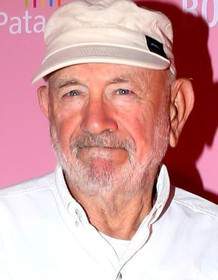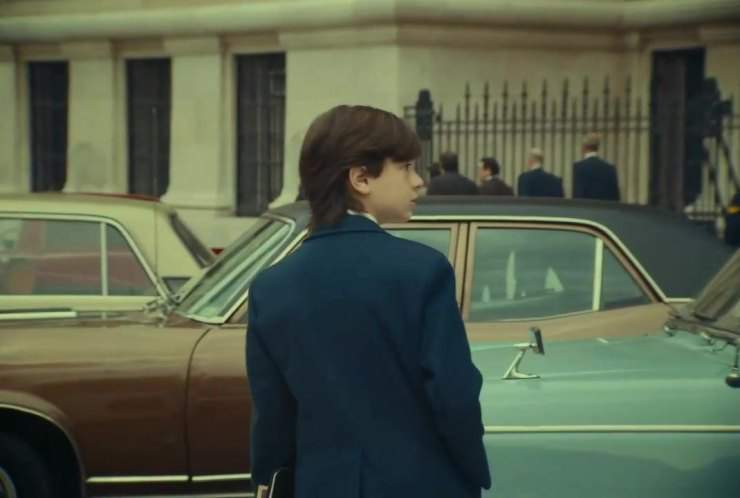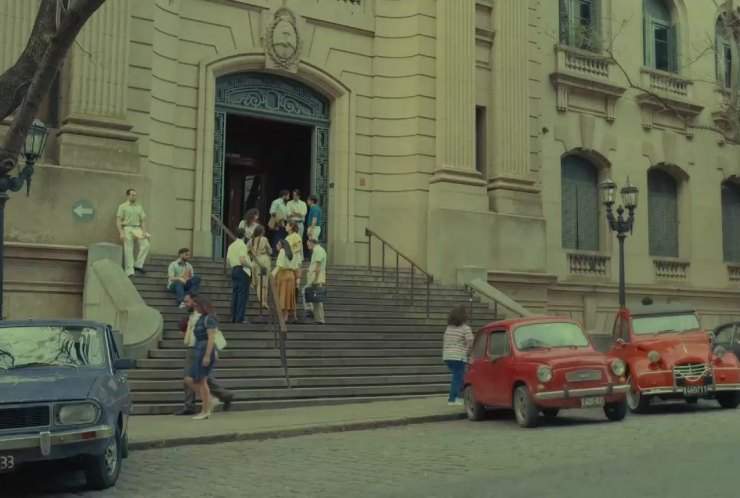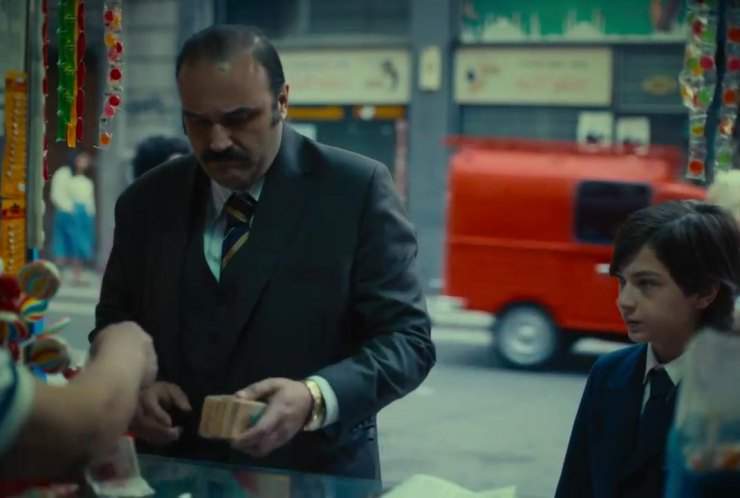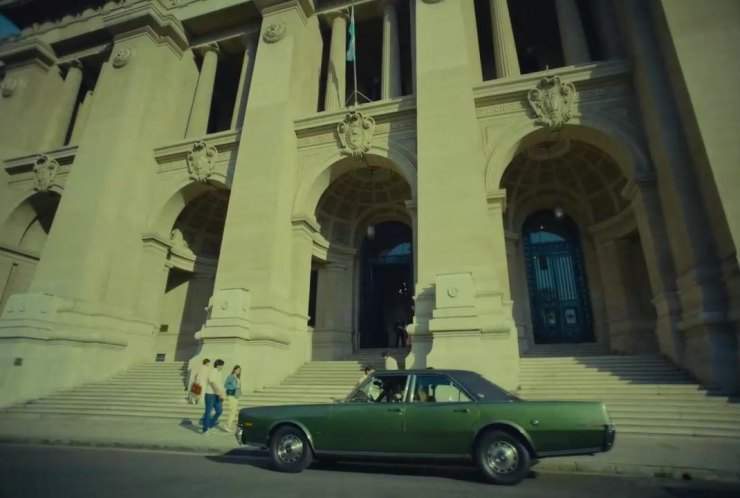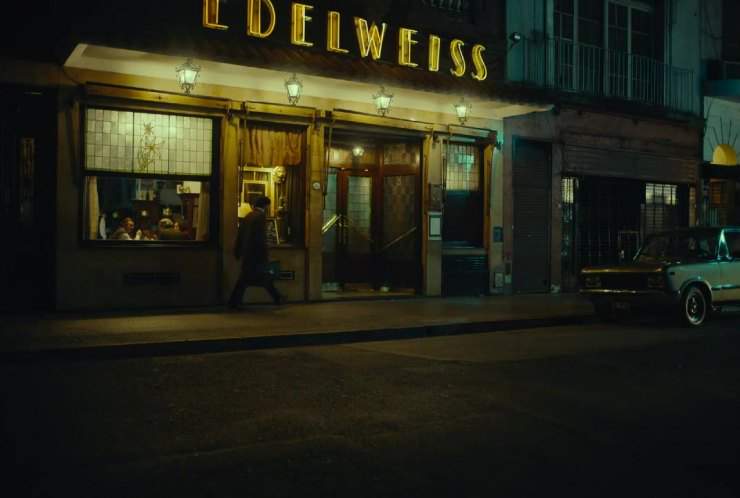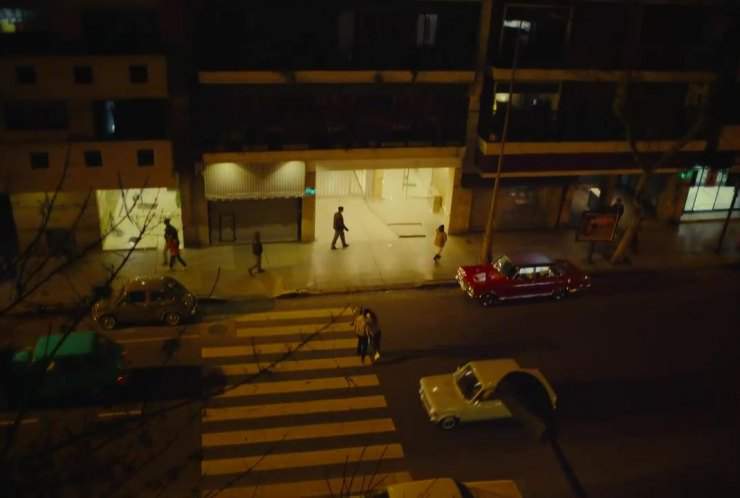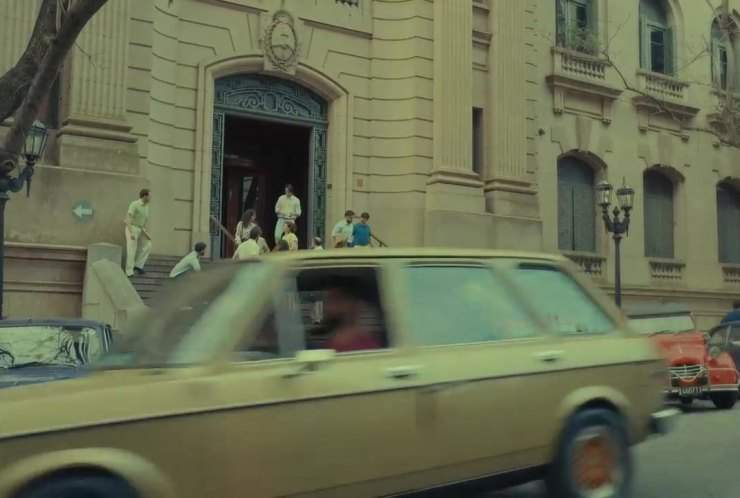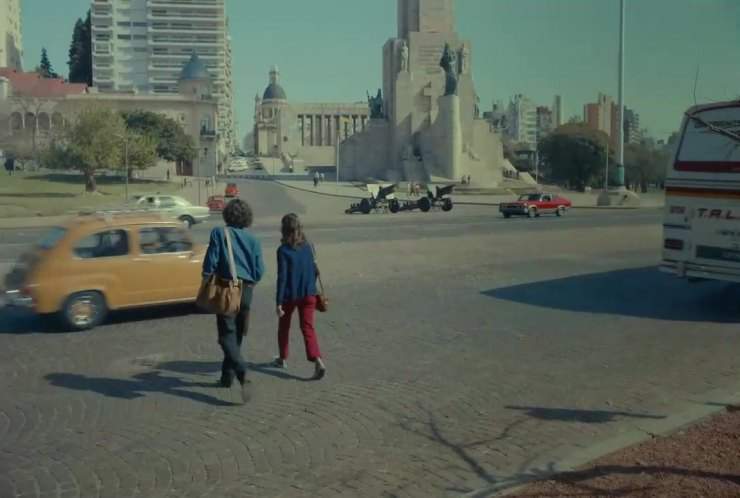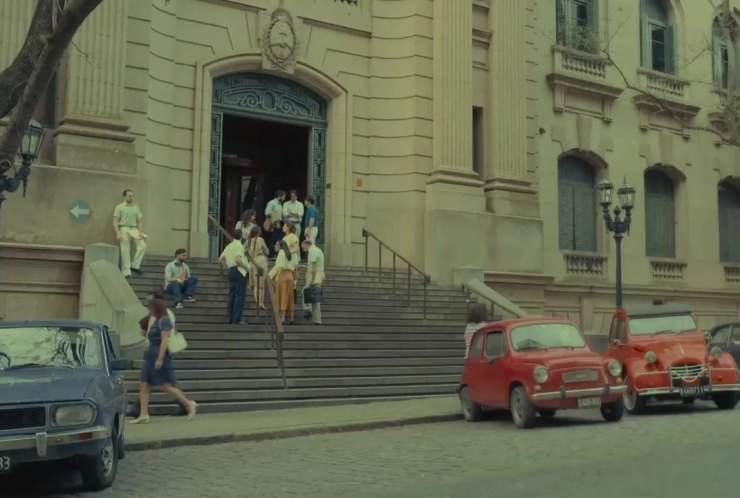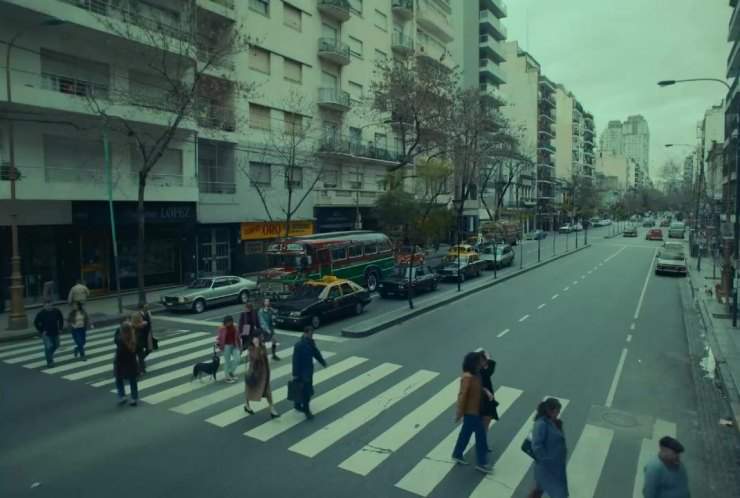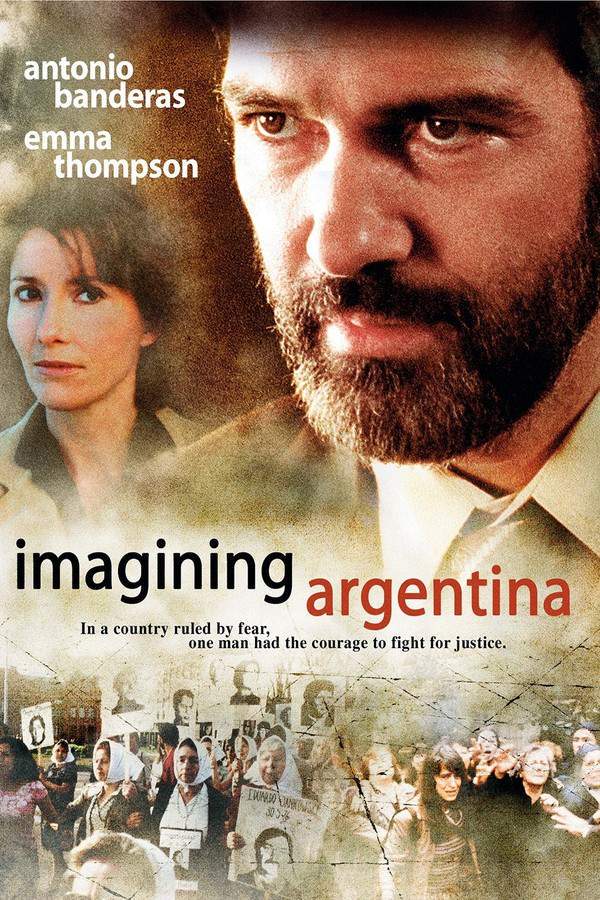Argentina, 1985 2022
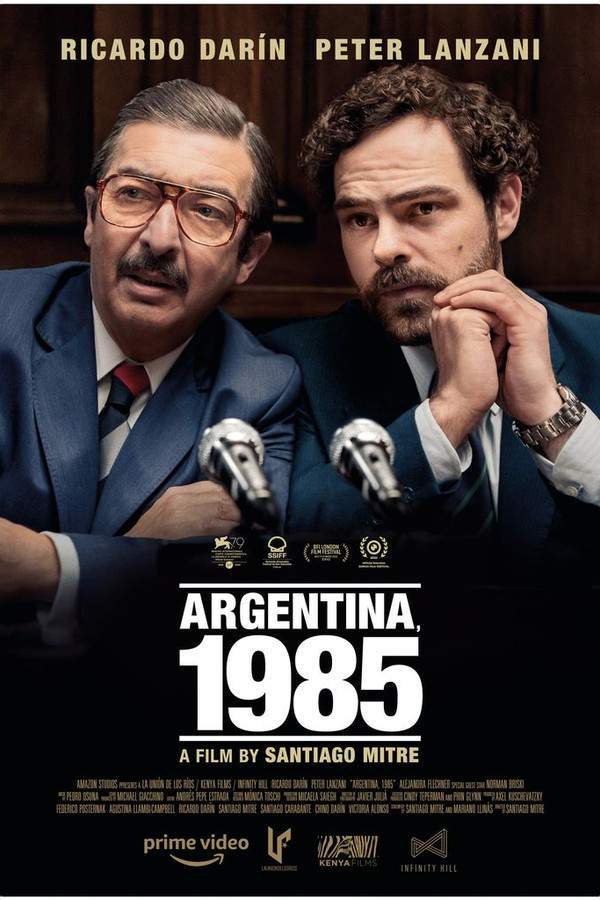
In 1985 Argentina, a team of lawyers, led by Julio Strassera and Luis Moreno Ocampo, bravely takes on the recently ousted military regime. Facing immense pressure and threats, they decide to prosecute the perpetrators of human rights abuses during the "Dirty War." With limited resources and under constant surveillance, the lawyers and their team work tirelessly to gather evidence and prepare their case, striving to bring justice to the victims and their families and help the nation confront its painful past.
Does Argentina, 1985 have end credit scenes?
No!
Argentina, 1985 does not have end credit scenes. You can leave when the credits roll.
Meet the Full Cast and Actors of Argentina, 1985
Explore the complete cast of Argentina, 1985, including both lead and supporting actors. Learn who plays each character, discover their past roles and achievements, and find out what makes this ensemble cast stand out in the world of film and television.
External Links and Streaming Options
Discover where to watch Argentina, 1985 online, including streaming platforms, rental options, and official sources. Compare reviews, ratings, and in-depth movie information across sites like IMDb, TMDb, Wikipedia or Rotten Tomatoes.
Ratings and Reviews for Argentina, 1985
See how Argentina, 1985 is rated across major platforms like IMDb, Metacritic, and TMDb. Compare audience scores and critic reviews to understand where Argentina, 1985 stands among top-rated movies in its genre.

The Movie Echo Score
Argentina, 1985 delivers a compelling historical courtroom drama that resonates through its strong performances and meticulous reconstruction of a pivotal trial. Critics commend its sober direction and effective pacing, while some note a lack of visual originality and occasional tonal slips. Viewers find the film emotionally resonant yet occasionally dense for non‑regional audiences. The net result is a solid, thought‑provoking work that holds lasting relevance.
The Movie Echo Score Breakdown for Argentina, 1985

Art & Craft
In terms of direction and production design, Mitre adopts an understated, methodical style that emphasizes authenticity over flourish. Critics highlight the film’s competent editing and effective set pieces, though some note occasional lapses in visual inventiveness and generic legal‑drama tropes. Overall, the craftsmanship supports the narrative without drawing attention to itself.

Character & Emotion
When evaluating acting and emotional depth, the ensemble—anchored by Ricardo Darín’s nuanced lead—receives consistent acclaim for its gravitas and sincerity. Reviewers praise the chemistry among the legal team and the credible portrayals of victims, while a few observers mention occasional flatness in secondary roles. The overall character work solidifies the film’s impact.

Story & Flow
The narrative follows the painstaking reconstruction of Argentina’s first major war‑crimes trial, maintaining a measured pacing that balances courtroom procedure with personal testimony. Critics commend the film’s faithful adherence to historical detail, though some point to a lack of narrative innovation and occasional tonal unevenness. Consequently, the story remains engaging yet familiar.

Sensory Experience
Auditory and visual elements are presented with restrained clarity; the score underscores tension without overwhelming scenes, and sound design captures courtroom ambience effectively. Visual styling remains functional, supporting realism more than aesthetic flourish. While a few critics note mismatched musical cues, the overall sensory execution sustains immersion.

Rewatch Factor
The film’s historical significance and strong central performances give it a lasting educational appeal, encouraging repeat viewings for deeper understanding of the trial’s complexities. Some viewers may find its dense legal focus challenging on subsequent watches, yet the emotional resonance and courtroom drama sustain interest over time.

78
Metascore
7.2
User Score


96%
TOMATOMETER

91%
User Score

7.6 /10
IMDb Rating

78
%
User Score

4.0
From 727 fan ratings

3.43/5
From 7 fan ratings
Take the Ultimate Argentina, 1985 Movie Quiz
Challenge your knowledge of Argentina, 1985 with this fun and interactive movie quiz. Test yourself on key plot points, iconic characters, hidden details, and memorable moments to see how well you really know the film.
Argentina, 1985 Quiz: Test your knowledge on the historical trial against Argentina's military junta in the film 'Argentina, 1985'.
Who was the public prosecutor leading the trial against the military junta?
Julio César Strassera
Luis Moreno Ocampo
Raúl Alfonsín
Ruso
Show hint
Awards & Nominations for Argentina, 1985
Discover all the awards and nominations received by Argentina, 1985, from Oscars to film festival honors. Learn how Argentina, 1985 and its cast and crew have been recognized by critics and the industry alike.
95th Academy Awards 2023
International Feature Film
76th British Academy Film Awards 2023
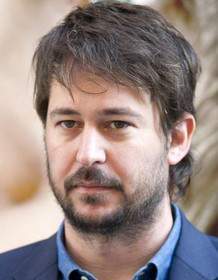
Full Plot Summary and Ending Explained for Argentina, 1985
Read the complete plot summary of Argentina, 1985, including all major events, twists, and the full ending explained in detail. Explore key characters, themes, hidden meanings, and everything you need to understand the story from beginning to end.
In 1985, Argentina found itself newly democratic, having just escaped the clutches of a military dictatorship that lasted seven years. Under the leadership of President Raúl Alfonsín, a historic trial was initiated against former military commanders for their crimes against humanity.
Public prosecutor Julio César Strassera, portrayed by Ricardo Darín, was chosen to present the government’s case as the military courts had refused to act. Julio lived a challenging life, sharing his home with his devoted wife Silvia, and their children, daughter Veronica and son Javier. His dedicated secretary, Susana, played by Paula Ransenberg, stood by him through turbulent times. Strassera felt the weight of the task ahead; he understood the risks posed to him and his family by taking on such a volatile case against powerful figures.
Mentored by Ruso, portrayed by Norman Briski, Julio realized the immense significance of the trial but was still apprehensive. He felt the noose tighten as he wrestled with the idea that this could be a dangerous trap, one that could endanger their lives. With experienced lawyers aligned against him, forming a formidable defense team for the junta, Strassera found himself in a dire situation when it came to building his prosecution team.
Initially skeptical, he eventually accepted the help of Luis Moreno Ocampo, played by Peter Lanzani, after rejecting him due to his military family background. Ocampo’s fresh perspective suggested that they recruit young and less experienced lawyers, as those with established reputations were too frightened to get embroiled in such a contentious case.
Among the defense attorneys was Basile, played by Héctor Díaz, and as the trial approached, Strassera and Ocampo interviewed potential team members. They assembled a group of those working in government offices who could provide essential access to information.
On February 15, 1985, they submitted a staggering 16 volumes filled with 4,000 pages of evidence relating to 709 cases and over 800 witnesses—all this culminating in a trial that began just a couple of months later, on April 22, 1985. On its opening day, the courtroom buzzed with tension as the defense faced bomb threats while Strassera insisted that the proceedings must continue.
The trial’s televised sessions delivered harrowing testimonies from victims of the junta. The stories were gut-wrenching, with Adriana Calvo (played by Laura Paredes) recounting her experience of giving birth while in captivity. This poignant testimony made a considerable impact, even changing the perspective of Ocampo’s family regarding their military ties.
In a pivotal moment, President Raúl Alfonsín met with Strassera, commending him on the violation of principles by the junta. However, pressures mounted as the Attorney General suggested that Strassera should seek leniency, fearing a possible military coup.
The climax of the trial arrived on September 18, 1985. Strassera, inspired by the courage of his family and those who had testified, delivered a powerful closing statement that resonated beyond the courtroom, concluding emphatically with: > “Your Honors: never again!” All eyes were on the judges as they began deliberating.
In the end, Strassera faced mixed outcomes—while some leaders received life sentences, others received lighter penalties. Despite this, it was a watershed moment as it marked the first time any military dictatorship stood trial in a civilian court. As Strassera began preparing an appeal, he faced the reality that history had indeed been made, but justice remained incomplete.
Uncover the Details: Timeline, Characters, Themes, and Beyond!

Coming soon on iOS and Android
The Plot Explained Mobile App
From blockbusters to hidden gems — dive into movie stories anytime, anywhere. Save your favorites, discover plots faster, and never miss a twist again.
Sign up to be the first to know when we launch. Your email stays private — always.
Watch Trailers, Clips & Behind-the-Scenes for Argentina, 1985
Watch official trailers, exclusive clips, cast interviews, and behind-the-scenes footage from Argentina, 1985. Dive deeper into the making of the film, its standout moments, and key production insights.
Cars Featured in Argentina, 1985
Explore all cars featured in Argentina, 1985, including their makes, models, scenes they appear in, and their significance to the plot. A must-read for car enthusiasts and movie buffs alike.
Argentina, 1985 Themes and Keywords
Discover the central themes, ideas, and keywords that define the movie’s story, tone, and message. Analyze the film’s deeper meanings, genre influences, and recurring concepts.
Argentina, 1985 Other Names and Titles
Explore the various alternative titles, translations, and other names used for Argentina, 1985 across different regions and languages. Understand how the film is marketed and recognized worldwide.
Similar Movies To Argentina, 1985 You Should Know About
Browse a curated list of movies similar in genre, tone, characters, or story structure. Discover new titles like the one you're watching, perfect for fans of related plots, vibes, or cinematic styles.
Quick Links: Summary, Cast, Ratings, More

What's After the Movie?
Not sure whether to stay after the credits? Find out!
Explore Our Movie Platform
New Movie Releases (2026)
Famous Movie Actors
Top Film Production Studios
Movie Plot Summaries & Endings
Major Movie Awards & Winners
Best Concert Films & Music Documentaries
Movie Collections and Curated Lists
© 2026 What's After the Movie. All rights reserved.




